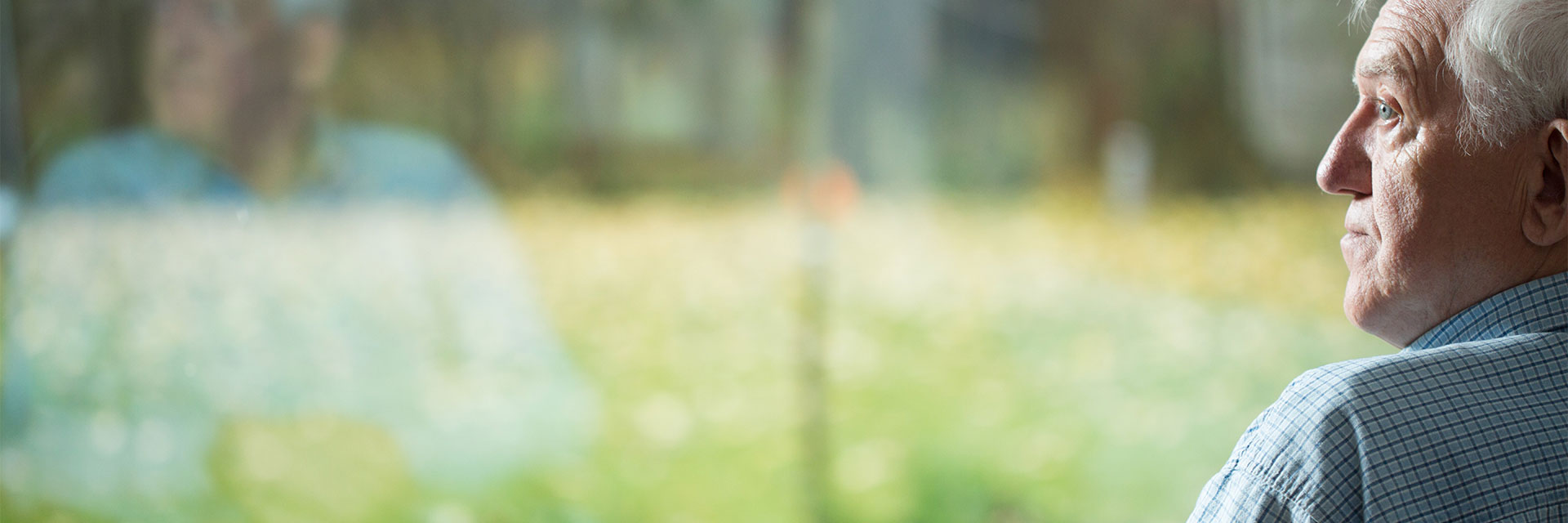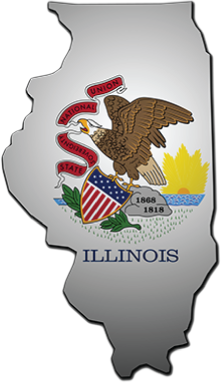Nursing Home Abuse Attorneys – Dehydration
Dehydration in nursing home residents occurs when there is too little water in a person’s body for their body to function properly.
It is a very serious medical issue and one of the most common for nursing home residents. It can lead to many health problems, including urinary tract infections, respiratory infections, and potentially fatal gastrointestinal problems. Dehydration can also cause confusion, falling, and other accidents.
Many factors can contribute to dehydration in nursing home residents, including:
- Poor nutrition
- Medications
- Limited mobility
- Incontinence
- Swallowing problems
Dehydration in nursing home residents can also be linked to neglect.
Nursing home residents must have access to plenty of fluid. They must also have their fluid intake monitored. Many of them are unable to care for themselves and do the things needed to maintain good health. It’s the nursing home staff’s responsibility to ensure that residents are hydrated and otherwise properly cared for.
There are several causes of dehydration in the elderly population of the nursing home and it can depend on the individual. Very often, there are several reasons why the elderly person is dehydrated that combine to make the condition worse.
One of the issues identified is the inability of the nursing facility resident to tell anyone that they are thirsty and need to take in fluids. In addition, it may not be possible for the nursing home resident to state what specific fluid they are interested in drinking. Those elderly residents who can’t state what their fluid preferences or needs are may not be able to speak at all or may have language barriers that prevent them from doing so.
Additional reasons for dehydration in the elderly population of a nursing home may be the result of inadequate supervision of their drinking behaviors and the lack of staff members to help the resident drink all that is needed to drink. This is partly caused by the high level of staff turnover seen among certified nursing assistants who work in nursing homes.
In addition, nursing home support staff doesn’t always have the proper amount of supervision. Because of this, the certified nursing assistants may miss opportunities or avoid opportunities to offer liquids to their elderly residents.
Symptoms of Dehydration in Nursing Homes
The most common symptoms of early-stage dehydration in older people include:
- Sticky or dry mouth
- Thirst
- Dry, papery skin that “tents” or holds shape when pressed or pinched
- Decrease in urine output or frequency of urination
Later-stage dehydration symptoms include:
- Confusion
- Irritability
- Not sweating
- Sunken eyes and cheeks
- Fast breathing rate
- Low blood pressure
- Unconsciousness
- Delirium
Dehydration creates a dangerous medical emergency. Risks of extended dehydration include:
- Seizures
- Brain swelling
- Kidney failure
- Coma
- Death
What Should You Do If You Believe Neglect of Your Loved One in a Nursing Home is Causing Dehydration?
Nursing home staff are responsible for properly hydrating residents. They must monitor hydration levels and contact medical professionals if they believe there is a problem.
If residents are not adequately hydrated, the nursing home staff must be aware of the issue or they can be held legally accountable for the condition of residents.
If your loved one tells you they are thirsty and that staff is withholding liquids, or if your loved one shows any other signs of dehydration, you have a right to question nursing home staff about the situation. If you believe dehydration or medical problems related to dehydration are a result of neglect, you have a right to pursue legal action on behalf of your loved one.
Nursing Home Dehydration Lawsuits
It’s important to take legal action if you believe your loved one is a victim of nursing home neglect. An experienced attorney can help you gather information about the situation and pursue legal action, if necessary.
Nobody deserves to suffer from poor treatment or neglect when they are in the care of others. If your loved one is or was the victim of nursing home abuse or neglect, we can help. If you’d like more information about dehydration in nursing homes or you have concerns about potential nursing home abuse or neglect, contact the Nursing Home Attorneys at (866) 251-0808.
SCHEDULE A FREE NURSING HOME DEHYDRATION INJURY LAWYER CONSULTATION TODAY










